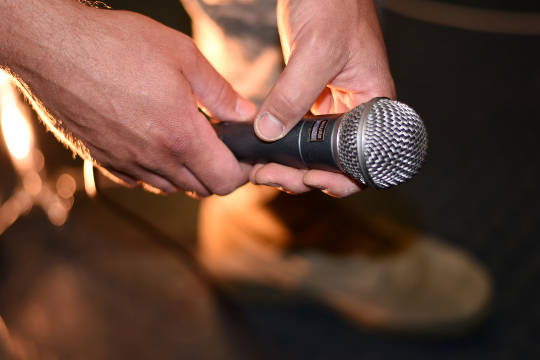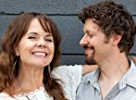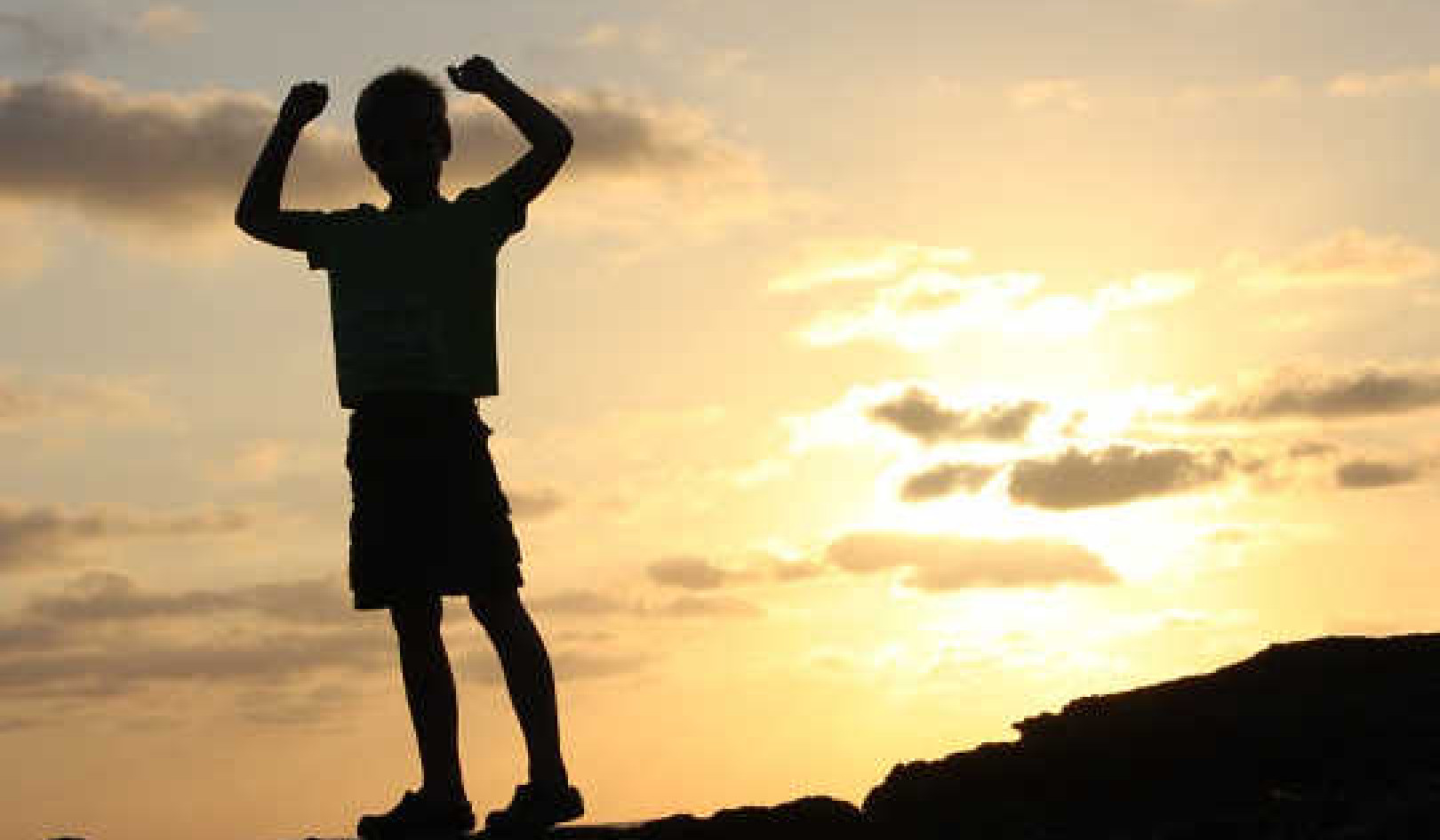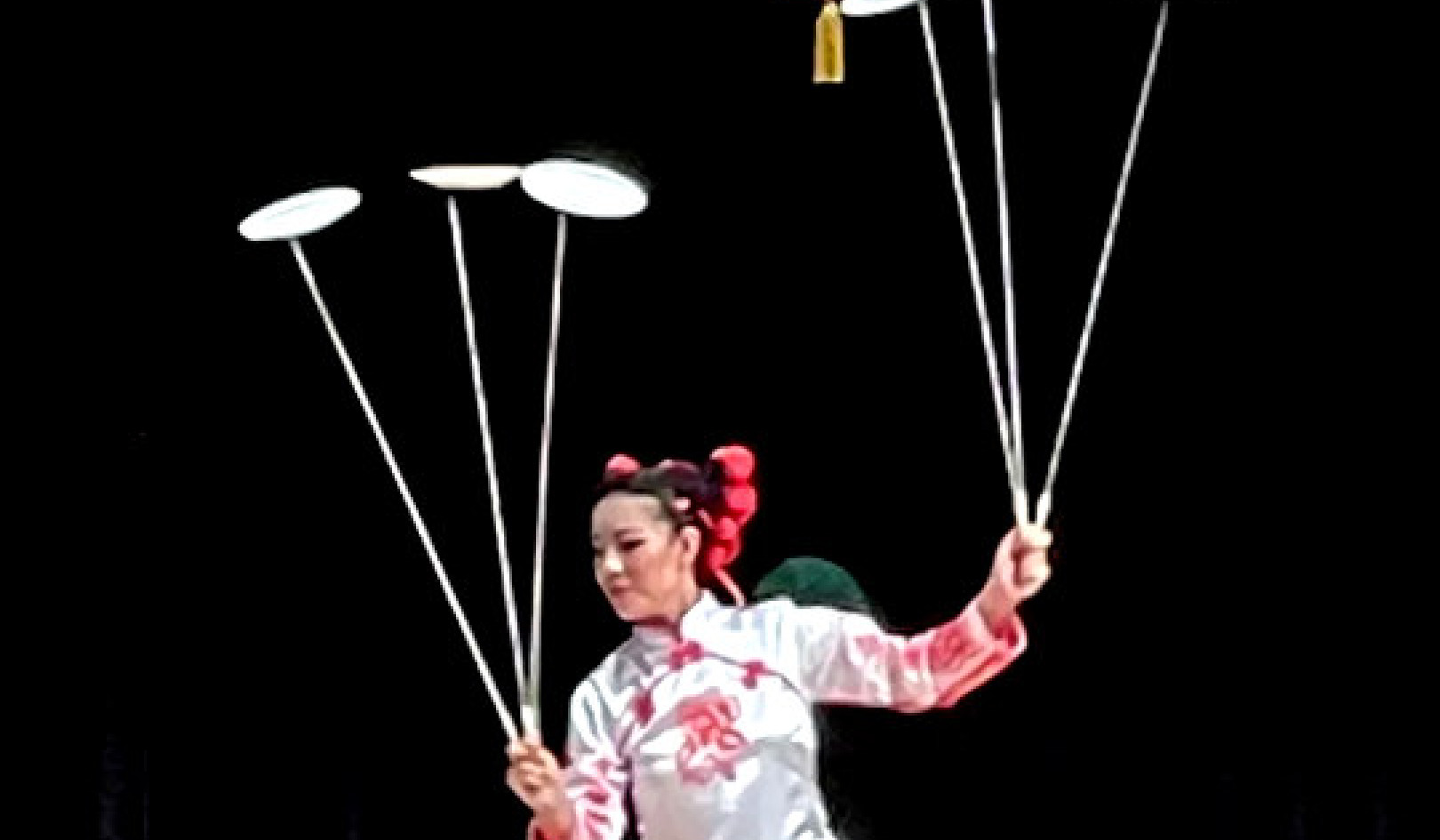
Everyone has gifts, but not everyone builds a life for themselves that allows them to use, hone, and share their gifts. By gifts we mean the talents or abilities that come naturally to you.
When you identify your gifts and incorporate them into your Well Life, you feel an immediate sense of alignment, satisfaction, and fluency. It’s like bringing your own sweetness with you.
First: Collect Feedback
Sometimes it helps to have outside opinions in determining your gifts. If you feel shy about asking others about your gifts, tell them we made you do it. Send an e-mail to a handful of friends and family members saying something like, “I have an assignment that requires me to ask others to identify what they believe are my top three gifts.”
If you want more objective insights, consider taking the Clifton StrengthsFinder test. It’s based on the book, Now, Discover Your Strengths, by Donald Clifton and Marcus Buckingham, which aims to help readers discover and better understand their strengths (gifts). If you buy the book, you have access to take the online test for free. Otherwise, you can purchase the test on its own at www.gallupstrengthscenter.com
Clifton is considered the father of “strengths psychology” — essentially, the study of how people recognize and utilize their strengths.
A former professor of educational psychology, Clifton bought Gallup, the renowned research and polling company, in 1969. In developing the StrengthsFinder material, he utilized forty years’ worth of Gallup’s massive collection of research. The jewel of strengths psychology is this: People tend to experience greater success and happiness when they play to their strengths, rather than focusing on and attempting to correct their weaknesses.
While we feel that a more “organic” personal inquiry into your strengths reveals things a computer-based test cannot, we’ve found the StrengthsFinder test useful for our company. When our managers take it, they enjoy learning about the unique strengths they bring to the organization and how everyone’s gifts work synergistically to create a powerful team.
Besides Clifton’s test, there are many other free online resources available if you simply do a web search using terms such as “find your gifts.” We encourage you to get as many different perspectives as you like. It will only increase the likelihood of revealing congruities that will lead you to a clearer recognition of your gifts.
Second: Conduct a Self-Assessment
After you receive responses to your e-mail, make some space for this gift-discovering exercise. Get a few pieces of paper or open a blank document on your computer. Entitle it My Gifts. Follow these directions:
1. Write down the answers your friends and family offered.
2. Write down any gifts revealed by tests or other gift-identifying resources.
3. Answer the following questions:
- What did you love to do as a child?
- What did the younger you want to be when he or she grew up?
Remember, this is not the time for modesty. Everyone is a healer. Everyone has the capacity to create beauty. Everyone as gifts!
- What activities are so engaging they cause you to lose track of time?
- If you had unlimited free time and resources, what sorts of projects would you take on?
- What kinds of things do people ask you for help with?
- What would be the ideal charity work for you?
4. Time for a mind dump! Write freely about your gifts for at least ten minutes. If nothing comes to you, just dump whatever your mind comes up with onto the page. Sometimes the gunk needs to come out before the light appears. Here are some questions to jog your inner Easter egg hunter:
- Are you good at helping others to feel heard?
- Do you have an ability to create art?
- Are you able to help people see their beauty?
- Are you gifted at teaching people complex ideas in a way they can easily understand?
- Are you skilled at connecting with children or animals?
- Are you good at figuring out how what needs to happen in order to turn an idea into a reality?
- Is it easy for you to uplift people with humor or inspiring words?
- Do you have a talent for building and fixing things?
- Do you have a knack for helping people to resolve their conflicts?
- Are you brave? Curious? Open-minded? Supportive? Disciplined? Loyal? Optimistic?
5. Use a highlighter to mark the gifts revealed throughout the above sections.
6. Make a list of these gifts, refining the wording in the process.
Use Your Gifts
People who find ways to incorporate their gifts into their lives are happier, more satisfied, more confident, more creative, more engaged in their work, and learn faster. Don’t build your life around your weaknesses, hoping that you’ll improve. That’s setting yourself up for a lot of work and continual reminders of the disparity between your current skill level and where you believe you should be.
We’re not saying you shouldn’t try to improve your abilities — especially if these weaknesses detrimentally impact your relationships, health, or happiness. If you’re a poor listener or unreliable, by all means, work to get better. But if you’re bad at math, you should seriously reconsider a career in accounting.
Focusing on your weaknesses hurts you in two ways — it engages you in an ongoing struggle, and it deprives you and others of the expression of your gifts. When you focus instead on your gifts, you’ll feel less tired and more motivated by the work you do. Even when employed in work that isn’t explicitly based on your gifts, using your gifts in the workplace makes for greater satisfaction.
Sharing your gifts is an excellent way to serve and build your community while doing something you’re good at and enhancing your confidence. Plus, it encourages others to share their gifts.
Look at the list you made in step six of the exercise. Now reduce this to a smaller list of about five most special gifts, and phrase them in clear, concise language. You don’t need to give up the others; we just want to make it easy for you to remember your primary gifts by simplifying them.
From time to time, you may wish to revisit this process, since your sense of your gifts, or which gifts need your attention, may change. We do the process at the beginning of each year as we’re filling out our Rituals for Living Dreambook (you can find more information at www.dreambook.vision).
From now on, rather than shoving your gifts into the corner, bring them to the forefront of your life. Keep the list in a place where you’ll see them regularly. Own your gifts. Accept that they are a permanent part of who you are. Be grateful for them and share them freely.
©2017 by Briana and Dr. Peter Borten. Reprinted with permission.
Adams Media Publications.www.adamsmedia.com
Article Source
 The Well Life: How to Use Structure, Sweetness, and Space to Create Balance, Happiness, and Peace
The Well Life: How to Use Structure, Sweetness, and Space to Create Balance, Happiness, and Peace
by Briana Borten and Dr. Peter Borten.
Click here for more info and/or to order this book.
About the Authors
 Briana Borten and Dr. Peter Borten are the creators of the Rituals of Living online community and Dragontree, a holistic wellness brand. Briana is a Mastery Coach with an extensive background in coaching clients to help them reach personal breakthrough and mastery. Peter is a doctor of Asian medicine who helps people attain whole health of body and mind. He has authored hundreds of articles, spanning topics such as stress, emotional wellness, nutrition, fitness, and our connection with nature. Learn more at: www.thedragontree.com.
Briana Borten and Dr. Peter Borten are the creators of the Rituals of Living online community and Dragontree, a holistic wellness brand. Briana is a Mastery Coach with an extensive background in coaching clients to help them reach personal breakthrough and mastery. Peter is a doctor of Asian medicine who helps people attain whole health of body and mind. He has authored hundreds of articles, spanning topics such as stress, emotional wellness, nutrition, fitness, and our connection with nature. Learn more at: www.thedragontree.com.



























